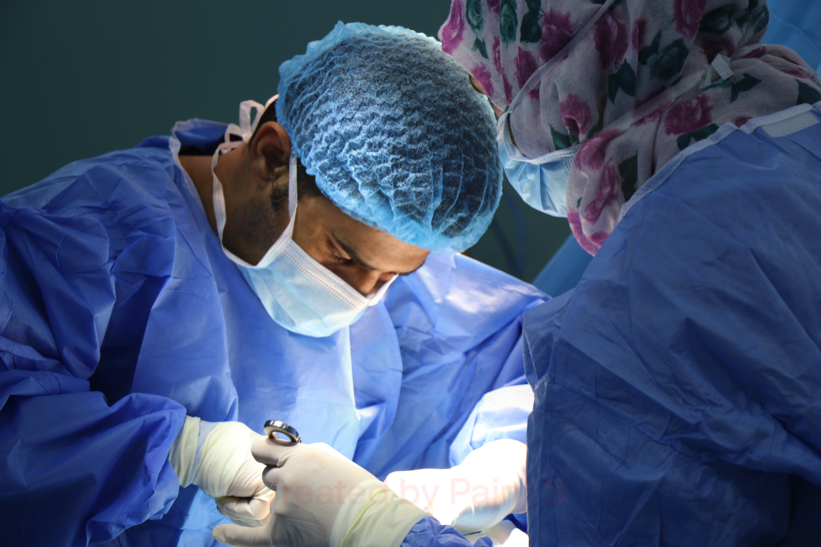TEN-YEAR clinical trial data reported that metabolic surgery is the best treatment option for long–term diabetes remission. The trial, undertaken by researchers from King’s College London, London, UK, and the Gemelli University Hospital, Rome, Italy, represented the longest follow–up study to date and showed that surgery is more effective than conventional treatment in the management of Type 2 diabetes mellitus (T2DM).
Surgery has long–been considered an effective short- to midterm option for the amelioration of diabetic symptoms; while observational studies suggest that traditional bariatric surgery can result in long–term diabetes remission, currently there are no data published beyond 5 years. With the American Diabetes Association (ADA) defining ‘cure’ of diabetes as a continued state of disease remission for ≥5 years, this study represents a significant advancement in the treatment of T2DM.
The study involved 60 participants, all of whom had advanced T2DM of >5 years at the trial start date. The patients were randomly sorted into treatment groups, either receiving medication and lifestyle intervention or metabolic surgery (Roux-en-Y gastric bypass [RYGB] or biliopancreatic diversion [BPD]). The primary outcome of the study was durability of diabetes remission at 10 years, defined by the investigators as a fasting plasma glucose <100 mg/dL and HbA1c <6.5% without constant medication for at least 1 year.
Over one-third of the surgically treated patients maintained remission after 10 years: 50% of the BPD and 25% of the RYGB groups, in comparison to 5.5% of the group receiving conventional therapy. Individuals in the BPD and RYGB groups had significantly lower body weight, BMI, and waist circumference, as well as fewer diabetic complications, than those undertaking conventional therapy. The small sample size, as well as the fact that the trial was conducted in a single centre, marks a limitation to the study and more data is needed to corroborate the results.
Prof Francesco Rubino, Chair of Metabolic and Bariatric Surgery, King’s College London, as well as first author of the report, commented: “The findings from this study provide the most robust scientific evidence that full-blown T2DM is a curable disease, not inevitably progressive and irreversible. In addition to representing a major advance in the treatment of diabetes, metabolic surgery is our best lead to the elusive cause of the disease.”
T2DM is one of the leading cases of morbidity and mortality in the western world and metabolic surgery should increasingly be considered as a long–term, first-in-class, and cost-effective treatment.








